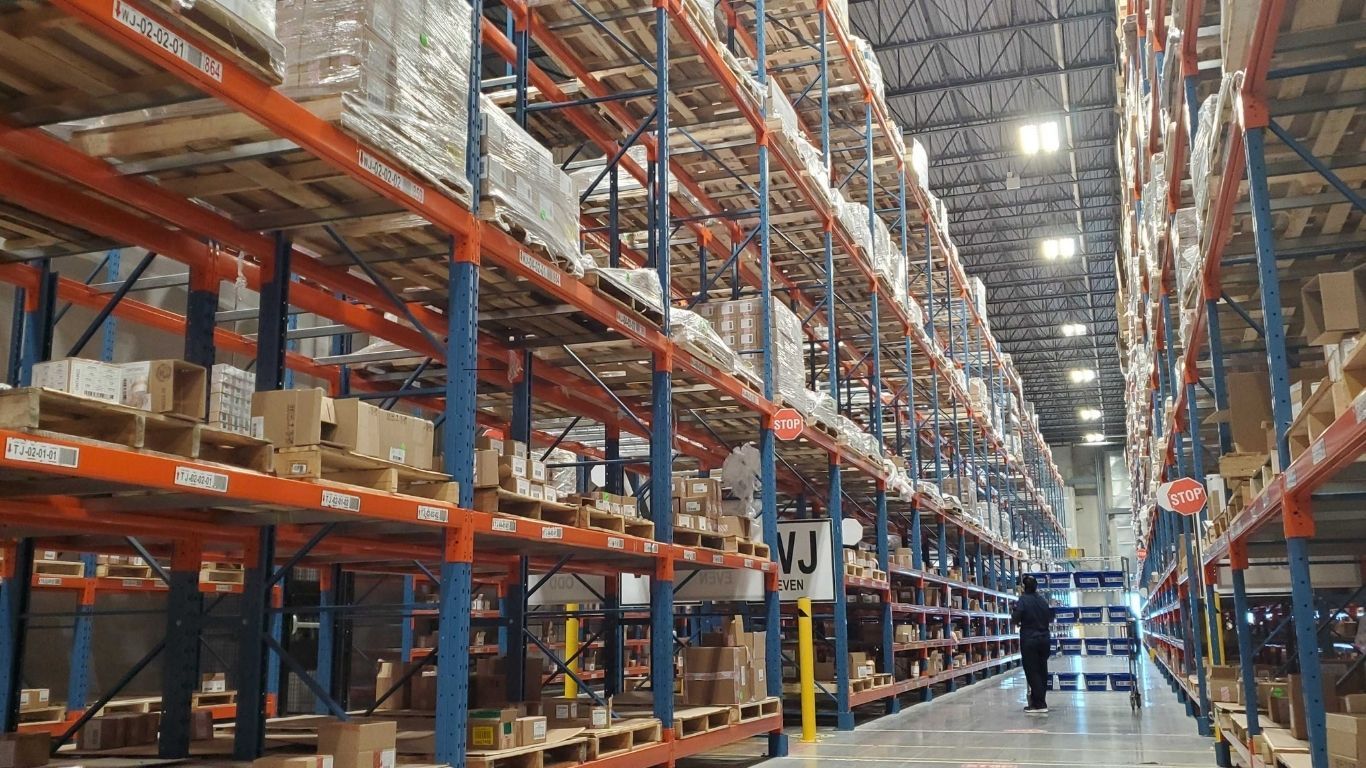
The newest version of the Canadian Free Trade Agreement (CFTA) has now been expanded to include trade in non-medical cannabis.
For the first time, the CFTA, which came into force in 2017, includes references to cannabis and the cannabis industry, with the word cannabis appearing 238 times within the text, primarily clarifying provincial rules and regulations.
Although this doesn’t mean any immediate changes to how cannabis is sold in Canada, some say it could lead to potential allowances for cannabis retailers to ship products to residents in other provinces.
Keyli Loeppky, the director of Interprovincial Affairs at the Canadian Federation of Independent Business, says she believes the inclusion of cannabis within the CFTA has the opportunity to open up cross-province sales of cannabis, pending further provincial approval.
“Putting it in the CFTA is a positive first step,” Loeppky tells StratCann. “What we’re cautiously watching is how provinces put rules in place in order to limit the sale and distribution of cannabis across the province.”
She says the issue is similar to how provinces regulate the sales of alcohol, with restrictions on direct-to-consumer, out-of-province sales, and consumers bringing alcohol back with them from another province.
A 2023 report from CFIB highlights these kinds of restrictions, noting Manitoba is the only province to allow inter-jurisdictional alcohol shipments, while Nova Scotia and British Columbia allow direct-to-consumer shipments of wine from any jurisdiction. BC and Saskatchewan also have an agreement to allow consumers to order craft spirits and wine directly from producers in the other province and have them delivered.
“Right now, there are no federal restrictions around the movement of cannabis within Canada, but provinces can put in place rules that restrict shipping between provinces,” adds Loeppky. “So exactly what we’re seeing with alcohol where someone in Alberta can’t order a craft beer from Ontario directly to their home because there are rules in place to prevent that.”
Deepak Anand, principal at ASDA Consultancy Services, agrees this is a big step forward.
“By facilitating the movement of non-medical cannabis across provincial/territorial borders, we create a platform for open dialogue and understanding. Inclusion in the Free Trade Agreement is not only about commerce; it is also a transformative step towards a progressive and stigma-reducing approach to the regulation, distribution and consumption of cannabis within Canada.”
Harrison Jordan, a lawyer with Substance Law, specializing in cannabis law in Canada, says the addition of cannabis into the inter-Canadian trade agreement is an important step, even if he doesn’t see it resulting in any immediate changes due to provincial limitations.
“The recent inclusion of cannabis into the CFTA is welcome news as it normalizes cannabis with other industries,” Jordan tells StratCann. “The inclusion means that provinces are generally prohibited from imposing barriers to inter-provincial trade subject to exceptions that had to be reserved by each jurisdiction when it was included just recently. The problem is that all the provinces have reserved some right to restrict or authorize the importation or sale of cannabis into their borders or limit market access, so we likely won’t see much, if any, interprovincial retail sale of non-medical cannabis.”
Still, federal excise tax stamps are a sticking point, argues Jordan.
“Even if the provinces didn’t seek the reservations they obtained, practically speaking, interprovincial retail sales would be difficult to implement because of excise stamps. The CRA expects that cannabis products be stamped with the respective stamp of the province that the consumer is located in at the time of delivery to them. Wholesalers in each province, run exclusively by the respective provincial government with the exception of Saskatchewan, only purchase from processors and provide to the province’s retailers cannabis products that are stamped for that specific province.”
The CFTA was created as a replacement for the Agreement on Internal Trade (AIT). It allows provinces to reconcile any differences in their jurisdictional rules and regulations that could disrupt trade within Canada.
It has encouraged provinces and territories with personal use exemption limits for the amount of alcoholic beverages transported by individuals across provincial/territorial boundaries, for personal use, for example, to either remove or increase these limits. However, the Supreme Court of Canada has somewhat upheld such limits, although not in the name of restricting trade.
The decision to include non-medical cannabis trade under the CFTA came about in December 2022, at the conclusion of a meeting of the Committee on Internal Trade, made up of provincial and territorial governments, as well as Ottawa.
This resulted in the Second Protocol of Amendment to the CFTA, which describes the relevant amendments to the CFTA for cannabis trade.
The CFTA aims to help implement advancements to Canada’s internal trade framework to enhance the flow of goods and services, investment, and labour mobility, eliminate trade barriers, expand procurement coverage, and promote regulatory cooperation within Canada.
The changes include a list of cannabis industry-related codes, such as:
- A – Cannabis.
- B – Services incidental to the production of cannabis plants.
- C – Manufacture of cannabis.
- D – Wholesale trade services, including on a fee or contract basis.
- E – Retailing services, including on a fee or contract basis.
- F – All other cannabis-related services not covered by B, C, D, and E.
- G – Cannabis accessories
The definition of cannabis in the CTFA is the same as the definition within the federal Cannabis Act and is subject to any changes in that legislation, with some exceptions. It does not include industrial hemp, cannabis sold for medical purposes, drugs containing cannabis or combination products (as defined in the Cannabis Regulations), or cannabis that is not exempt from the application of the Food and Drugs Act.
A scan of provincial rules and regulations by StratCann shows a handful of provinces that explicitly disallow retailers to ship product to people outside of the province or for consumers to order non-medical cannabis from outside the province.
Federal regulations allow provinces to oversee the sales and distribution of non-medical cannabis while allowing the sale of medical cannabis cross-country.













